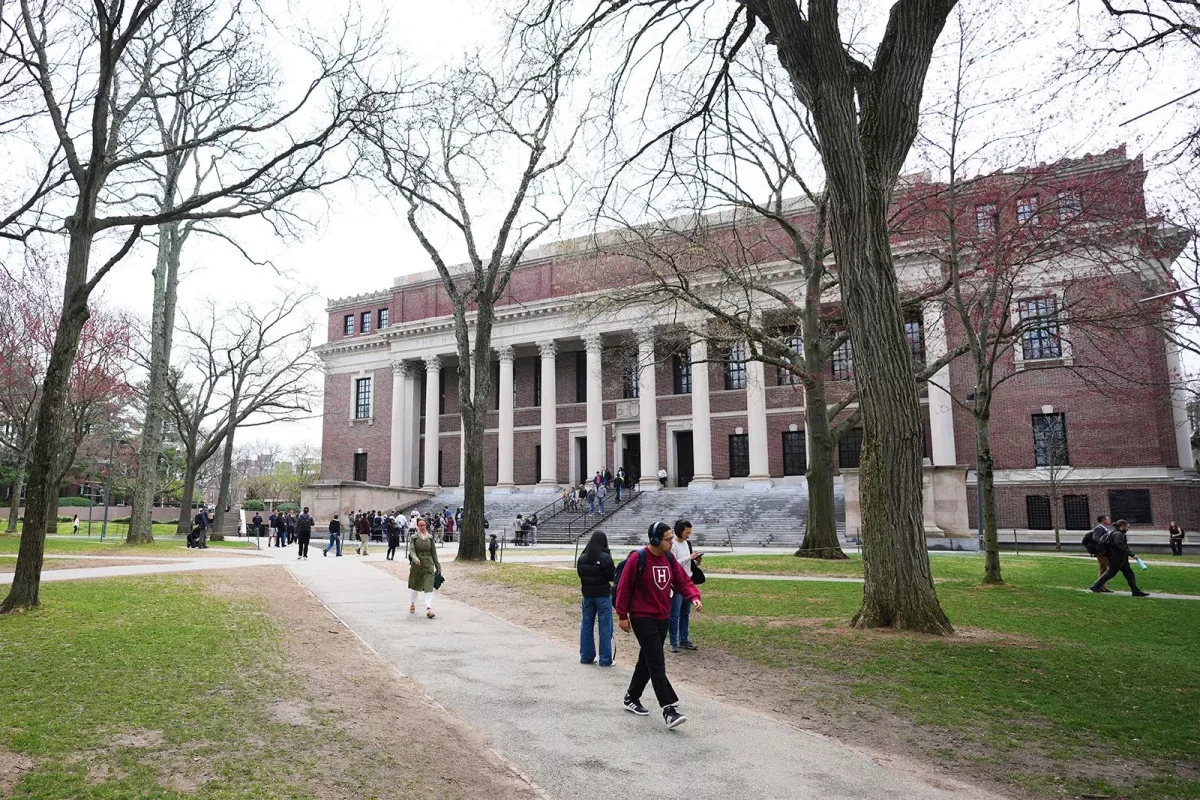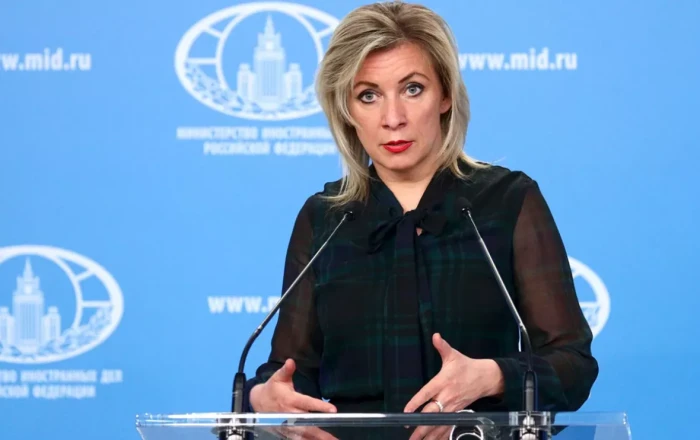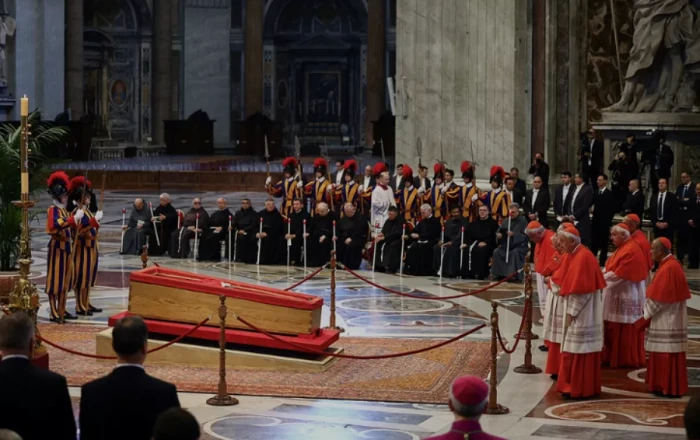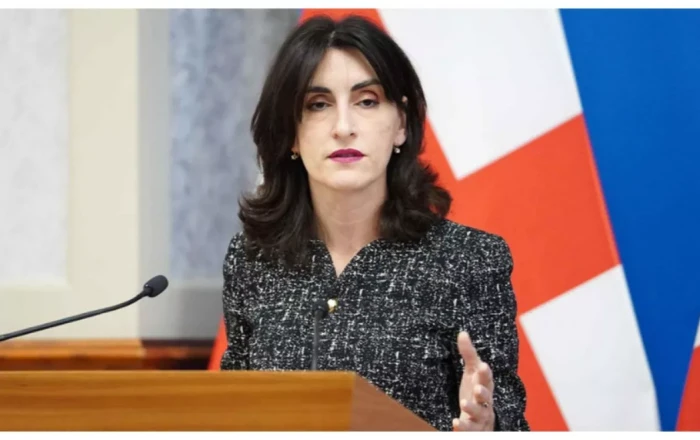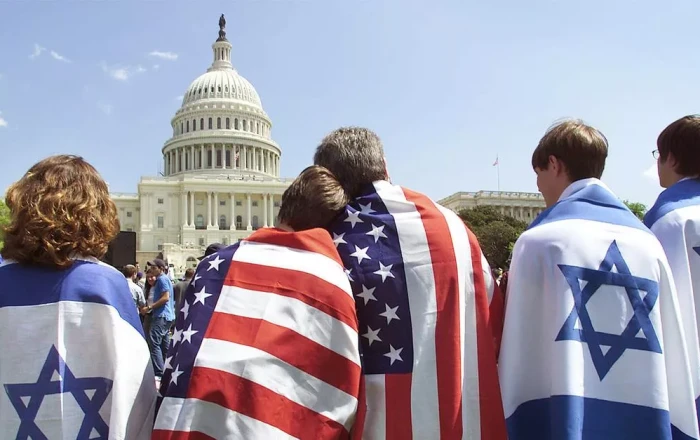Harvard University scientists are being forced to suspend major research projects—including work on tuberculosis and amyotrophic lateral sclerosis (ALS)—after the US Department of Education abruptly cancelled over $2.7 million in grants.
The move is part of a wider freeze affecting $2.26 billion in federal funding, Caliber.Az reports, citing The New York Times.
Dr. Sarah Fortune, an immunologist at Harvard, said her lab was ordered to immediately stop work on federally funded tuberculosis research just hours after the grants were revoked. “If this project is eliminated, which it probably will be, and then other projects are eliminated, people will die,” she warned.
Professor David R. Walt also received instructions to halt his research on ALS, a devastating neurodegenerative condition also known as Charcot disease. Other affected projects include studies on spaceflight, radiation sickness, obesity, dementia, cancer, and heart disease.
According to university officials and researchers, even short-term cuts can have “devastating effects” on ongoing studies, many of which have already contributed to life-saving breakthroughs and helped the US maintain scientific leadership.
The freeze comes amid rising tensions between Harvard and the Trump administration. The Department of Education initially justified its intervention as necessary to protect Jewish students from antisemitism. While Harvard tried to cooperate, The New York Times reports that the administration expanded its list of demands to include unrelated policy changes. University President Alan Garber ultimately refused to comply.
Despite the uncertainty, some faculty have applauded Harvard’s stance. “To acquiesce to the demands of the Trump administration would mean the end of independent higher education and freedom of speech in America,” said Dr. Walter Willett, professor of epidemiology and nutrition at the Harvard T.H. Chan School of Public Health. His research, focused on how diet affects risks for cancer and heart disease, has received nearly $4 million in funding, with some projects spanning four decades.
Harvard’s 15 affiliated hospitals and research centres in the Boston area, which include some of the top-funded institutions in the country, remain unaffected by the freeze, according to a Department of Education spokesperson.
Nonetheless, Harvard has issued a stark warning: if the funding block continues, numerous critical studies may be left unfinished. On April 14, the university launched a revamped home page to alert the public that the freeze threatens work vital to public health both in the US and globally.
By Tamilla Hasanova
Source: caliber.az


